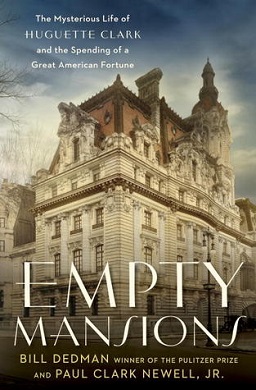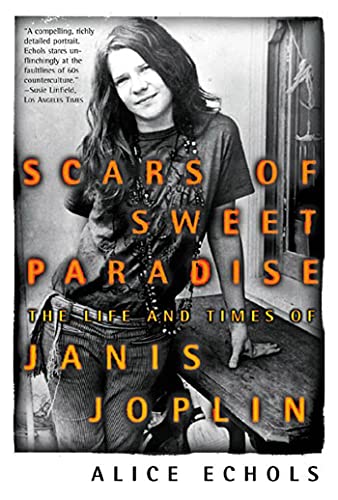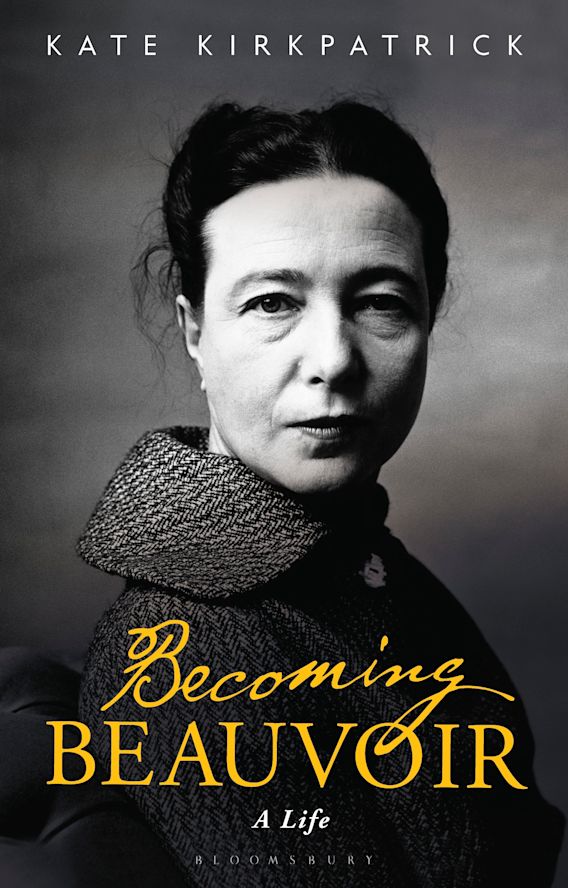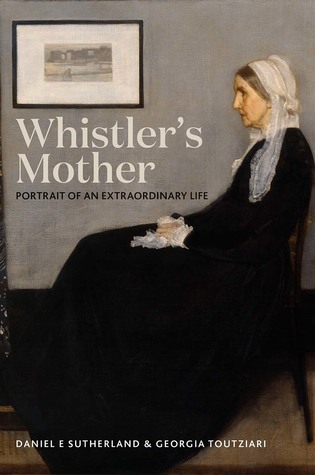According to my arbitrary rules for the blog, I’m cheating with this pick since I haven’t finished reading Bill Dedman’s Empty Mansions yet. It’s a biography, though; there’s no shocking twist or reveal to be had in here that might cause me to revise the opinion I’ve formed so far. It’s fair game to have an opinion now, even if I’m only a third of the way in.
Back in January I got lost down an Internet rabbit hole that I am now utterly unable to recreate and ended up listening to some author talks from the Amagansett Free Library released as podcast episodes over on The Internet Archive. The episode I found was a double header with Pam Belluck and Bill Dedman, each promoting their own new (at the time) book.
Back in 2009, looking at real estate in New England prompted Bill Dedman to investigate the mystery of a very empty and very expensive mansion in New Canaan, Connecticut. Who owned it? Why were they selling it? Why was it empty? These questions led him to stupendously wealthy heiress Huguette Clark (now deceased, though still alive in 2009) and Empty Mansions is Dedman’s attempt to trace not only Clark’s life story but the historical context that shaped it.
To the extent that there is a mystery or hook in the book, Dedman resolves it fairly early on: Clark maintained the New Canaan mansion, and several other properties, as a place for the hired help to retreat to in case of unimaginable emergency. (The original mansion that sent Dedman on his quest had been purchased during the height of Cold War “Duck and Cover” paranoia, to give some context to her thinking.) I appreciate that level of honesty with readers: “I sold you this book based on a mystery but gave away the answer right away. If that’s what you wanted, you can put it down now. But I think the story behind the answer is a really fascinating one, so I hope you’ll let me tell it to you.” My words, not Dedman’s.
In the course of his research, Dedman was contacted by one of Clark’s extended family members, Paul Clark Newell, Jr., the co-writer listed on the cover (now also deceased). Newell was in frequent telephone contact with Clark in the 90s and until her death in 2011, and the book includes several excerpts from these conversations in punchy little asides: Clark recalling a particular dinner party, or a family trip to Hawaii, those sorts of things.
I’m reading an ebook copy from one of my US libraries, and the short sections make it an excellent choice for phone reading on a commute. Empty Mansions is very easy to dip in and out at a moment’s notice, the same as with The Big Balloon. That’s probably the reason that it’s the book I’ve been reading the most at the moment, to be honest. I was originally fairly ambivalent about checking it out. I felt like I had a good enough sense about what it was and who it was about just from the podcast episode. Reading the whole book—when I have over 600 books on my TBR! oof—felt like…a bit of a waste of time? Or not a waste as such, but more like a book-length treatment of the concept was unnecessary. Thanks to the podcast episode, I now knew who Huguette Clark was, so I had already gotten to the end, so to speak. I don’t know, it’s hard to explain. At any rate, every checkout is a win for your local library’s circulation numbers and therefore its funding, so in the end I figured it was at least worth it in that sense!
But Dedman also provides an account of Clark’s father, W. A. Clark, which makes for an interesting if breakneck tour of US history from the frontier days up to nearly the present day. Clark was born in 1906, when W. A. Clark was already in his sixties: he had been of age to serve in the American Civil War (though dodged the conflict by heading west to prospect).
Empty Mansions is thoroughly researched, and Dedman makes a point at the beginning to not put words in the mouth of a dead woman he had never met himself (she had passed away before the book’s publication). In that respect, it’s a stark and noteworthy contrast to A Lenape Among the Quakers, though Dedman had the incalculable advantage of abundant primary resources. That said, there’s nothing particularly earth-shattering or enlightening in here, either. Dedman doesn’t break new historical ground or propose any revolutionary new theories, and while several of the family photographs had never before been published, they’re not necessarily of historical import. At the end of the day, Empty Mansions is more entertaining than educational, but that’s what makes it such a great commute read.





